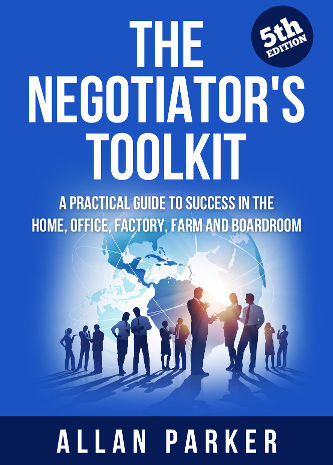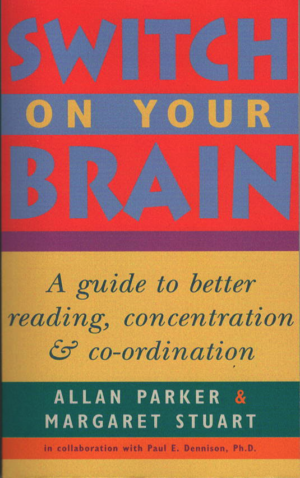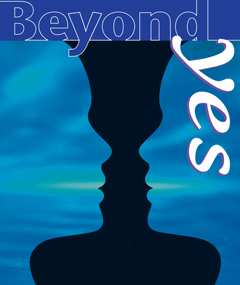WOULD YOU LIKE TO BECOME A SUCCESSFUL NEGOTIATOR?
Every interaction, every meeting we are in, every email exchange, phone call or conference call we make, either is a negotiation, preparation for one, doing the set-up, preparing the contracts, following up on things agreed and not done or delivered, the heads of agreements, or garnering support or research for a negotiation.
Whether you want to build co-operative alliances or teams, run smooth effective and productive meetings, reduce complaints or disputes and the unnecessary time they take, building customer loyalty, increasing sales or dealing in complex projects, then the Negotiator’s Toolkit is the book for you. This is the 5th edition of the Negotiator’s Toolkit and it is clear, crisp, extremely practical and relevant. It provides common sense frameworks, clear processes and is literally a toolkit of real skills that can be used in every part of your life, be it at work, home, big and small, one on one or 25 people, these tools are useable every part of your day.








Reviews
There are no reviews yet.